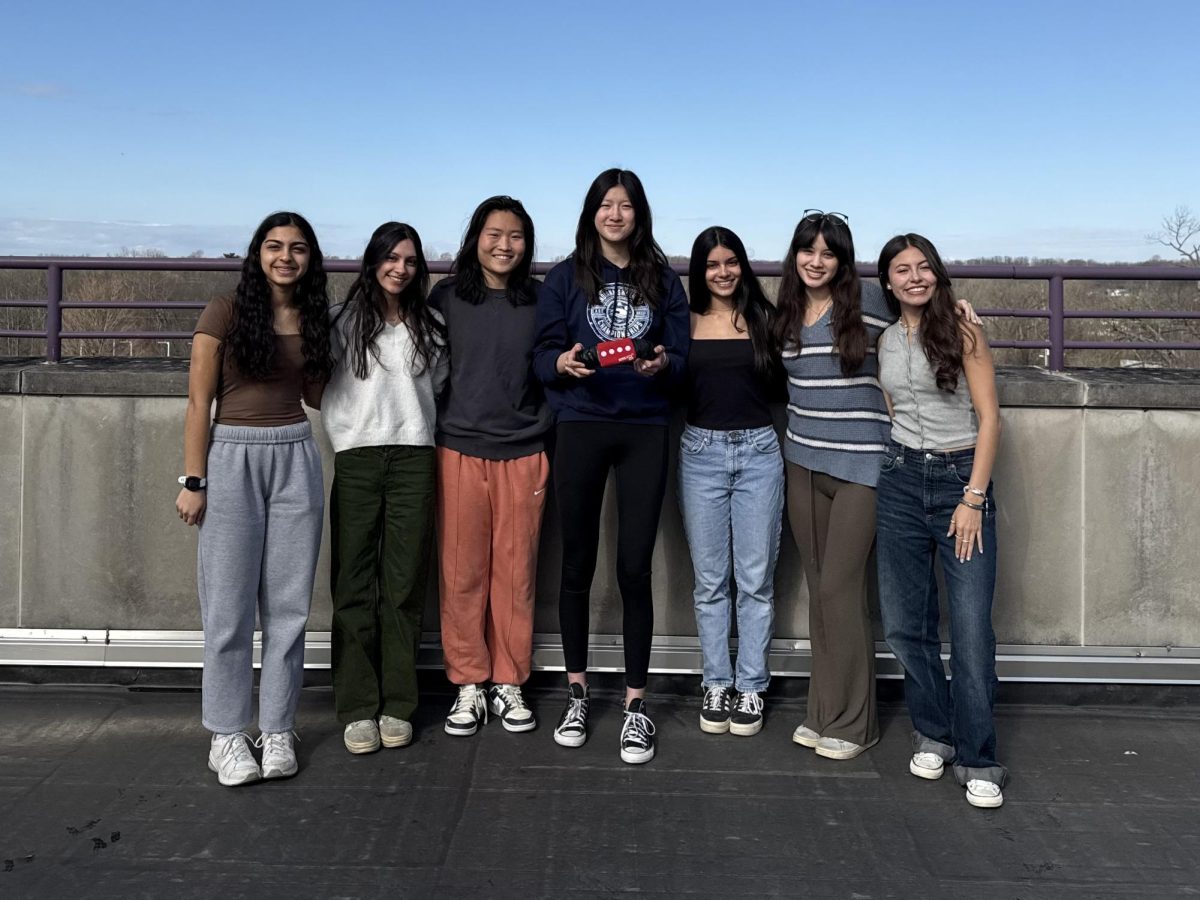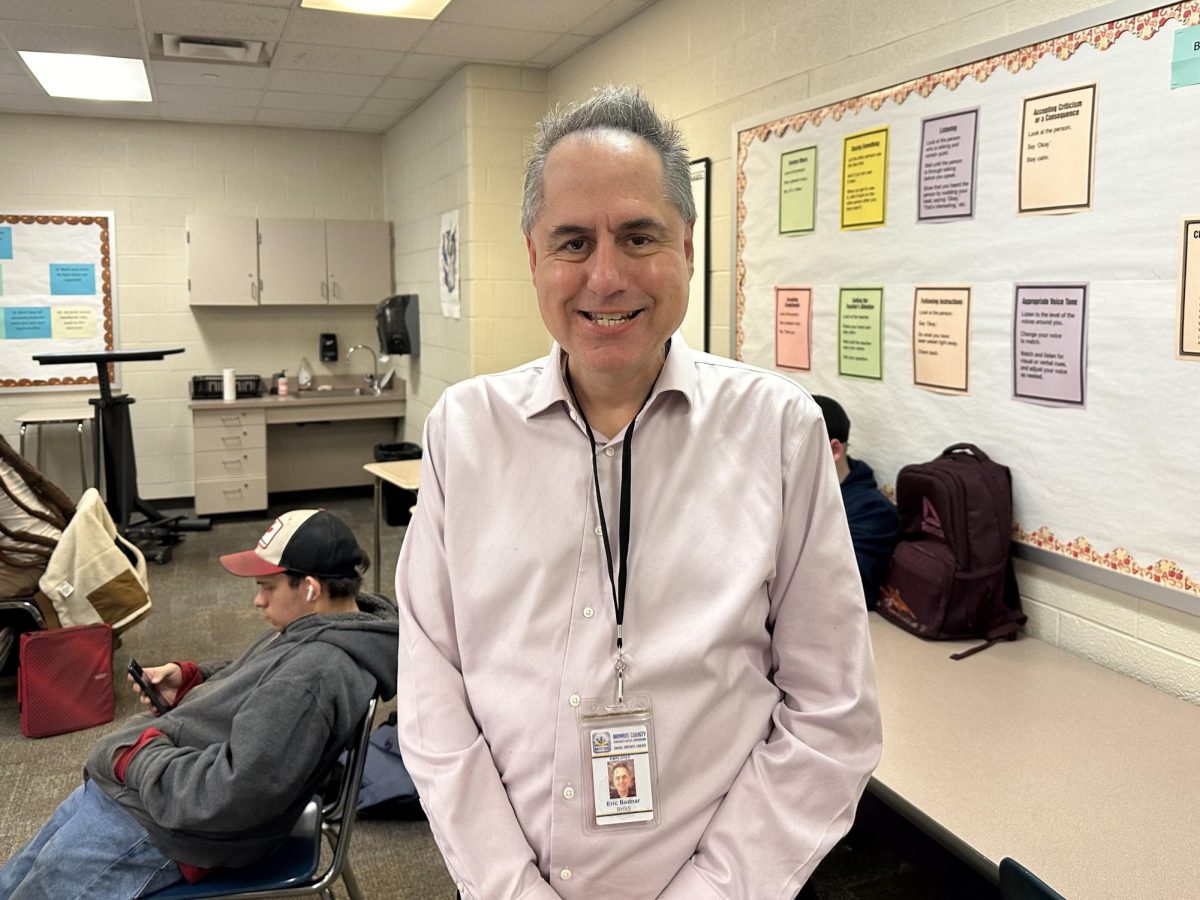The “screen time” debate is one that bridges a generation gap. It seems it’s everywhere these days- how much TV, phone and video game time is too much? Kids may groan, parents may nod in agreement. But what happens when students essentially need to be on their computers for hours on end merely to complete their schoolwork?
This question was on the minds of many leading up to the shutdown of schools across the nation in light of the COVID-19 pandemic. Obviously closing schools was the right decision- who can think of a greater way to spread disease than a school full of children? But the consequences were difficult to grapple with: online learning for an entire unprepared school system is a huge undertaking. It also means that students who are used to seven hours of face-to-face learning are expected to complete the same workload by themselves, with possibly faulty internet and multitudes of other related problems.
“It’s definitely taken a lot more time than I expected,” said sophomore Sophia Ramlo of her schoolwork during online learning. “It seems like my teachers have been assigning a lot more work than usual.”
That’s why MCCSC started by revising their original plan so that students and teachers wouldn’t be at a computer video-chatting with first period every morning at 8 AM sharp, and instead check in on Canvas for eac

h class’s assignments, completing them on their own time throughout the day. Kinks in the plan still had to be worked out, however, and now MCCSC is implementing another big change.
Starting March 30, South, along with all of MCCSC, will begin four-day learning weeks. That means no schoolwork on Fridays. This plan came after a week of online learning where many students felt overwhelmed by school work, especially those in elementary and middle school throughout MCCSC. Teachers are being given expectations for how long their students should be online: kindergarten through 2nd grade should only be on for 30-60 minutes daily, 3rd through 6th for 2-3 hours, and 7th through 12th for 3-4 hours. These times are based on recommendations by the World Health Organization and the American Academy of Pediatrics. MCCSC also encourages families to work out their own daily schedules with routine breaks in learning for students.
As COVID-19 sweeps the globe, we are reminded time and time again how helpful the technology we have has been in dealing with the crisis. Even though we are needing to work around many issues, it’s lucky that we are able to continue teaching and learning throughout this ordeal. And of course, visit https://www.cdc.gov/ for up-to-date news on the COVID-19 pandemic, as well as https://www.mccsc.edu/ for updates on how South and other MCCSC schools will be affected.


